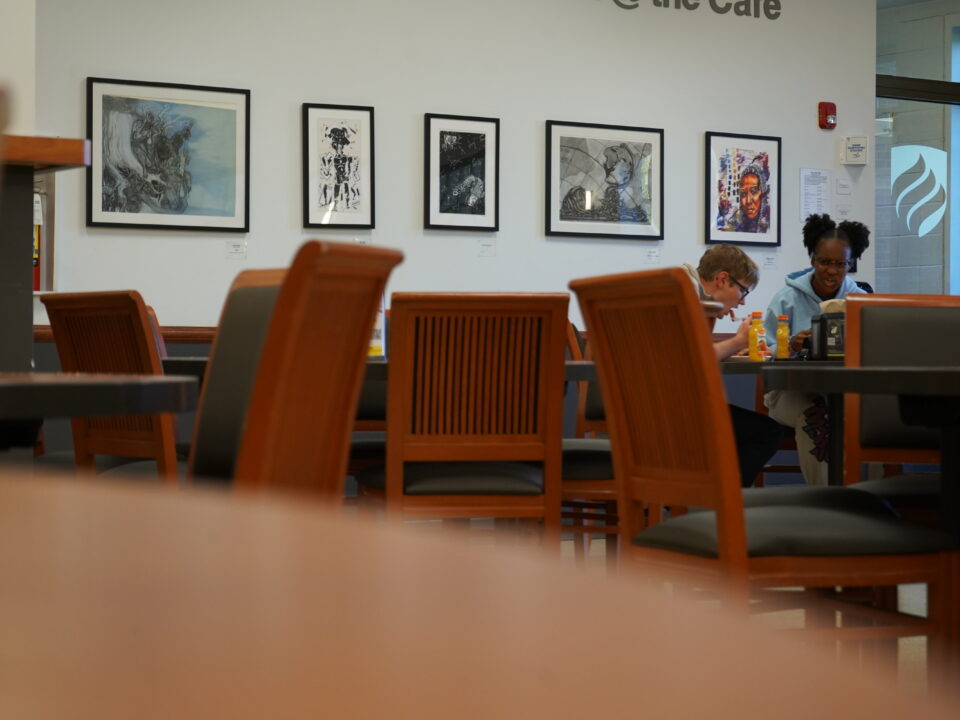Reconsider no-tolerance drug policies for student addicts


Marisa Karpes
A couple weeks ago, I accidentally stumbled across a new docuseries called “16 & Recovering” on MTV. It is a four part mini-series documenting Northshore Recovery High School, which specializes in teaching students who suffer with addiction. These kids attend this school because every institution they had ever attended beforehand had given up on them, and I find that pretty messed up.
Addiction is a disease, and the process of coping with it is a long one full of bumps and mess-ups. Not many people realize that relapsing is the norm.
Schools do not realize this either, and that is detrimental to these recovering students.
At a normal high school (or any school for that manner), students are expected to be at their best the whole time. One slip-up means suspensions and even expulsions. Once a student gets kicked out of school, it is hard to get another chance without the student’s future taking a big hit.
Not only do addicts have to worry about their recovery for their own health and safety, they also have this added pressure from their school. One slip-up, and they are done for.
Schools often — but not always — act as a safe space for students to get away from the environments that expose them to drugs. Kicking addicts out of school acts as a catalyst to put them back in vulnerable situations where they can get caught up in bad things.
Without many more options for education, teenage addicts could feel hopeless about their future and use drugs to cope, ensuring an endless cycle that leads to fatalities.
I understand that most drugs are obviously illegal, but drugs are not always a mark of deviance. Most addicts wish to recover and be successful just as their non-using peers do.
But this recovery is hard to achieve with more barriers in their way, and the education system should not contribute to that.
Northshore Recovery High School does not reprimand students for relapsing and coming to school under the influence. Instead, they guide them into getting the help they need and are always allowed to come back to finish their education.
Sometimes drugs are brought to the school, but more often than not, it is done so a trusted adult could get rid of the substances without the students getting in trouble or using them.
Even though some Northshore Recovery High School students have succumbed to their illness, many others have thrived and are even helping other addicts in their recoveries.
If other high schools would just reconsider their no-tolerance drug policies, they could also be contributing to these success stories. Maybe there would even be less lives lost.
Instead of labeling them as deviant or no good for their institution, more needs to be done to ensure that addicts have their schools’ support in their recovery. Foster an environment that allows addicts to learn and grow from their mistakes.
Give them chances instead of abandoning them when they need all of the support they could get. Help ensure they get a chance at a bright future.


